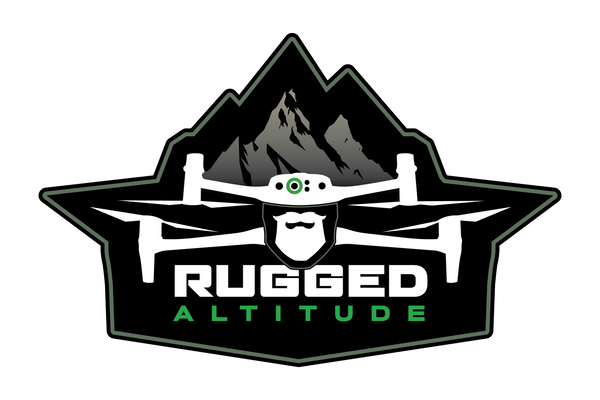We Are Your Complete Drone Solution Provider
Experience Cutting-Edge Drone Technology for Unmatched Precision and Insight
-
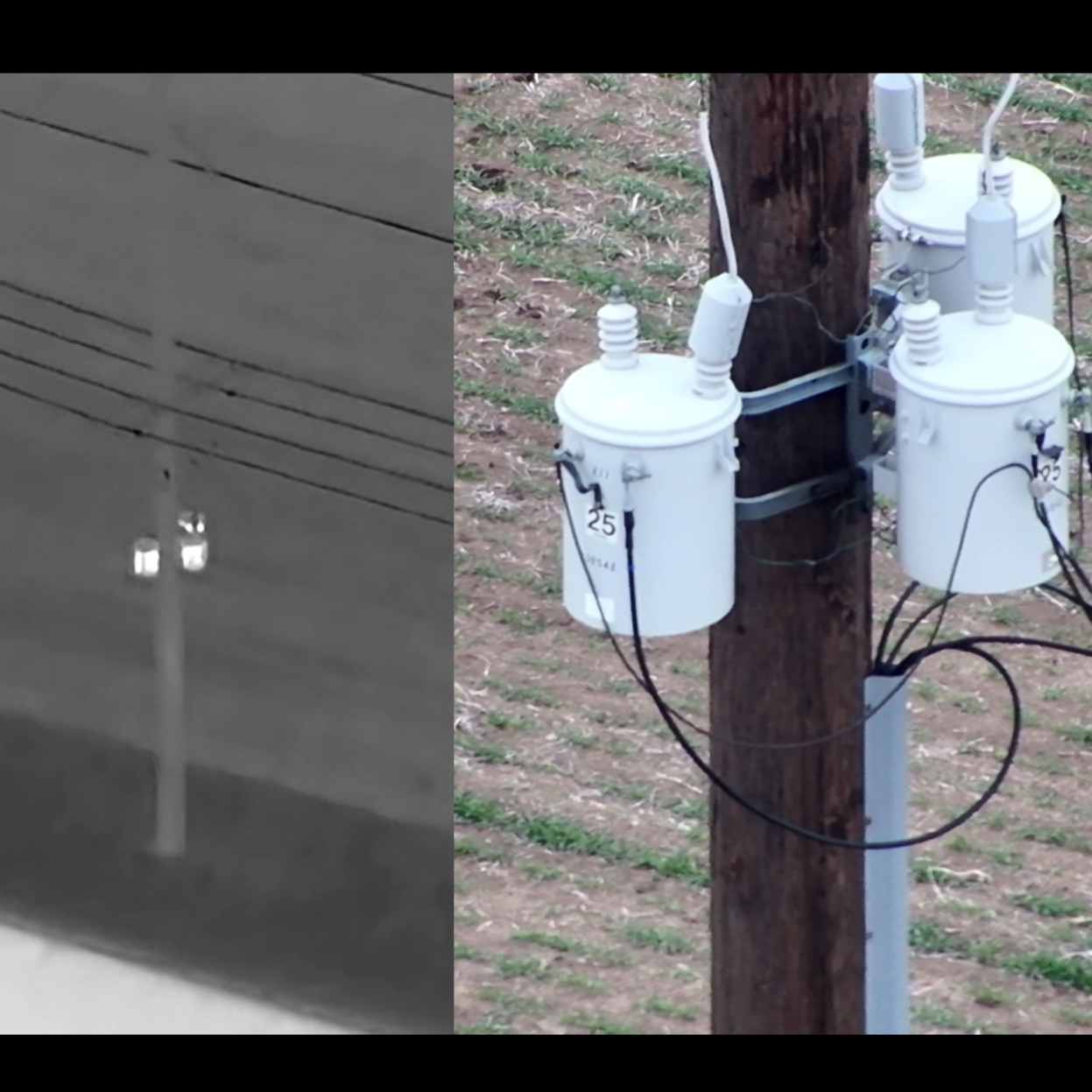
Thermal
Utilize thermal imaging to detect heat signatures for efficient wildlife recovery, equipment monitoring, and structural inspections, regardless of lighting conditions.
-
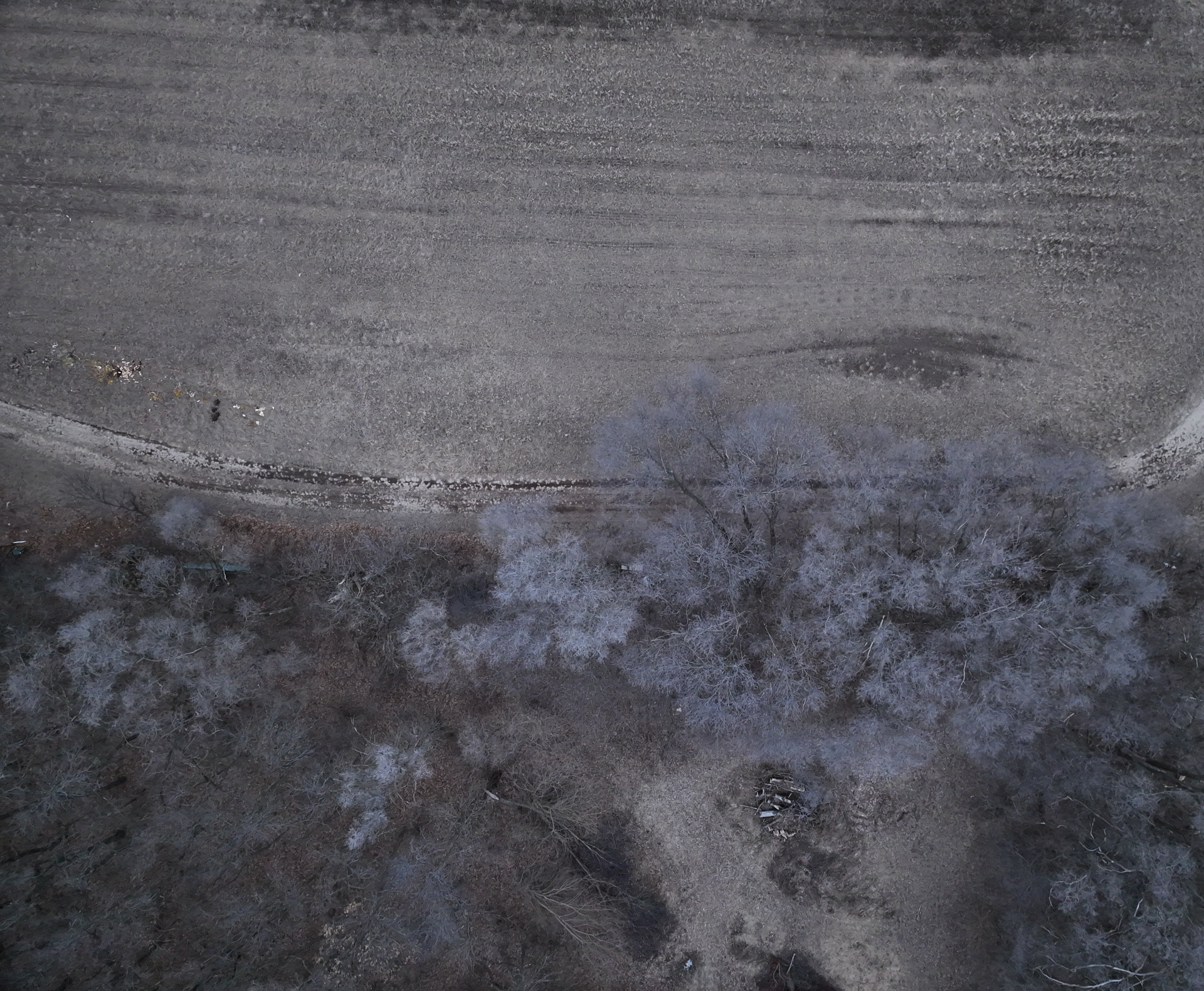
Photogrammetry
Produce high-resolution orthomosaic maps to enhance land mapping, construction planning, and environmental monitoring.
-
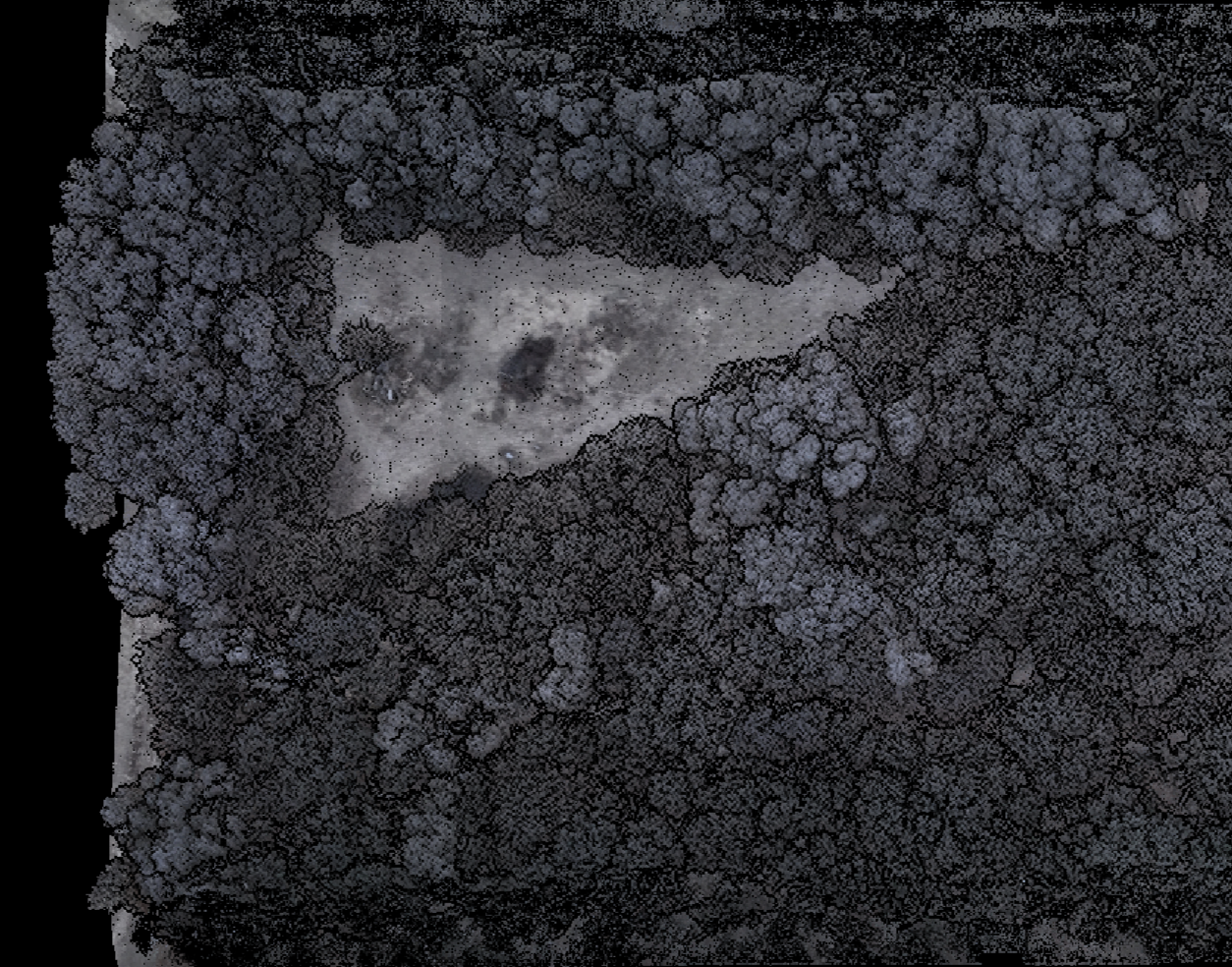
LiDAR
Employ LiDAR technology to generate detailed 3D terrain models, facilitating precise planning, conservation efforts, and specialized land assessments.
Harness the power of advanced drone technologies.
Explore, monitor, and transform with precision and clarity.
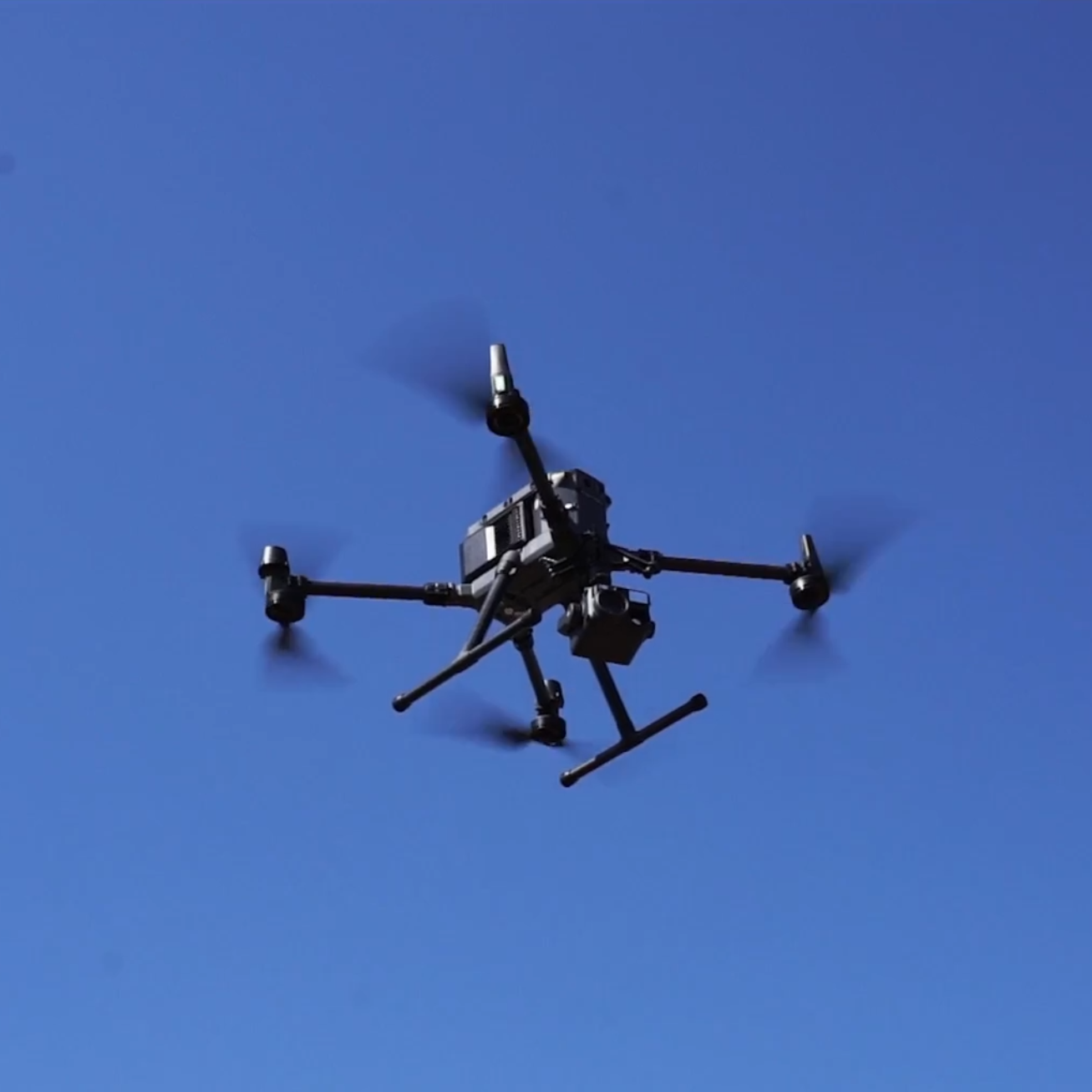
Real Results From Above
Whether you're searching for a downed deer or mapping your land after a storm, our drone services give you fast, accurate answers. Thermal imaging, high-res mapping, and LiDAR help us find what’s hidden—and show you what others miss. Don’t guess—see the truth from above.
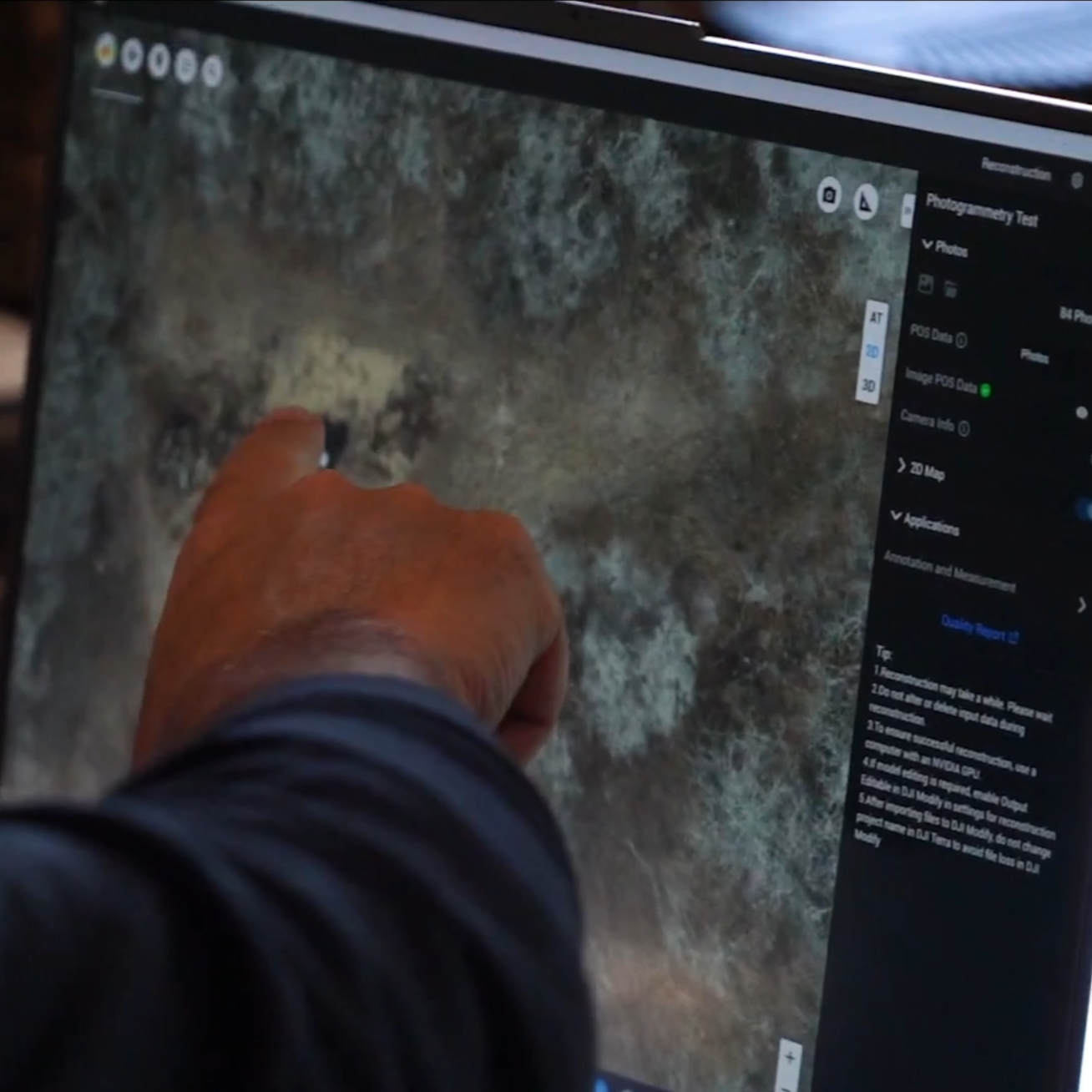
Built for Landowners, Hunters, and Pros
We work with hunters, farmers, surveyors, conservationists, utility companies, and more. Our gear and training meet the highest standards, whether you need to locate wildlife, assess storm damage, or map out your next land improvement. If you manage land or wildlife, we’re the team to call.
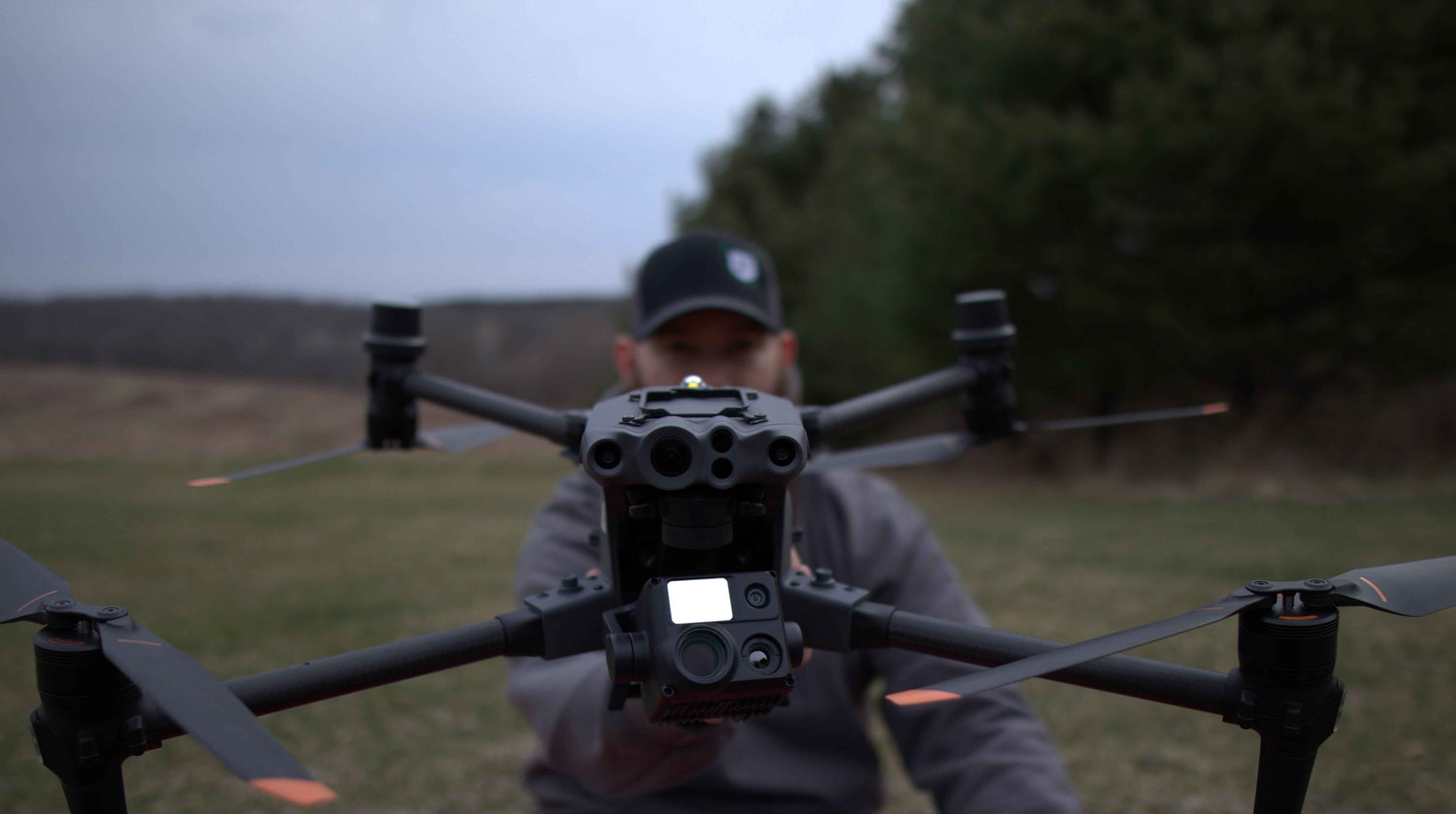
Gear That Delivers
Operating the DJI M350 RTK equipped with L2 LiDAR, we achieve centimeter-level accuracy in 3D modeling, elevation data collection, and volume measurements, surpassing traditional surveying tools.
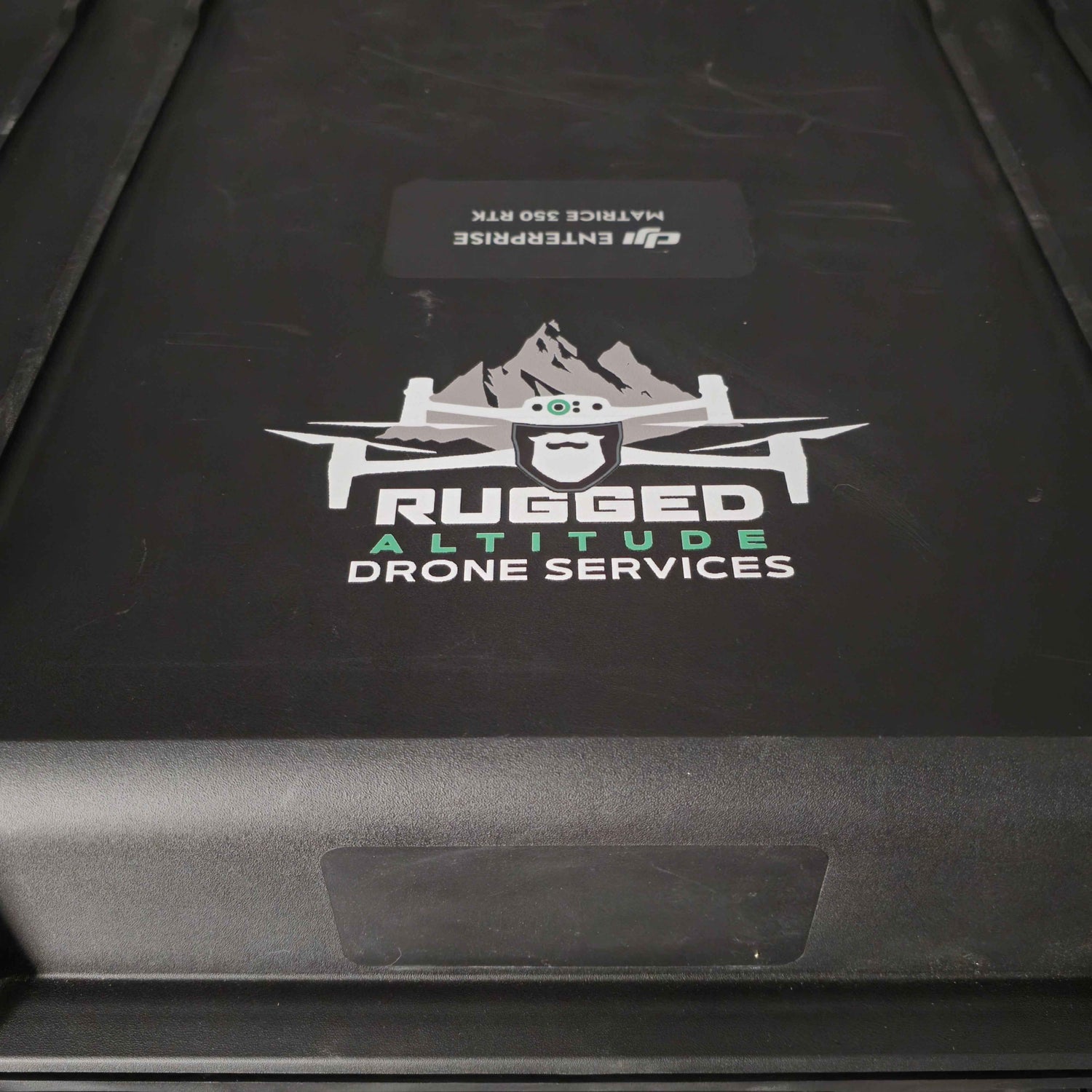
Built on Faith, Grit, and Know-How
Founded by passionate outdoorsmen, Rugged Altitude combines cutting-edge drone technology with unwavering dedication to deliver unparalleled aerial solutions.
Why Choose Us?
At Rugged Altitude, we bring together cutting-edge drone technology, field-tested expertise, and a genuine passion for the outdoors to deliver results you can count on. Whether you're tracking wounded game, analyzing wildlife populations, mapping your property, or inspecting critical infrastructure, our precision-driven approach ensures you get accurate, actionable insights every time.
"We treat every job like it’s our own. Because out here, there are no second chances."
We’re built on integrity, innovation, and a commitment to customer satisfaction—offering competitive pricing, flexible service options, and a personalized experience rooted in faith and hard work. When you choose Rugged Altitude, you’re not just hiring a service—you’re partnering with a team that cares about your goals as much as you do.
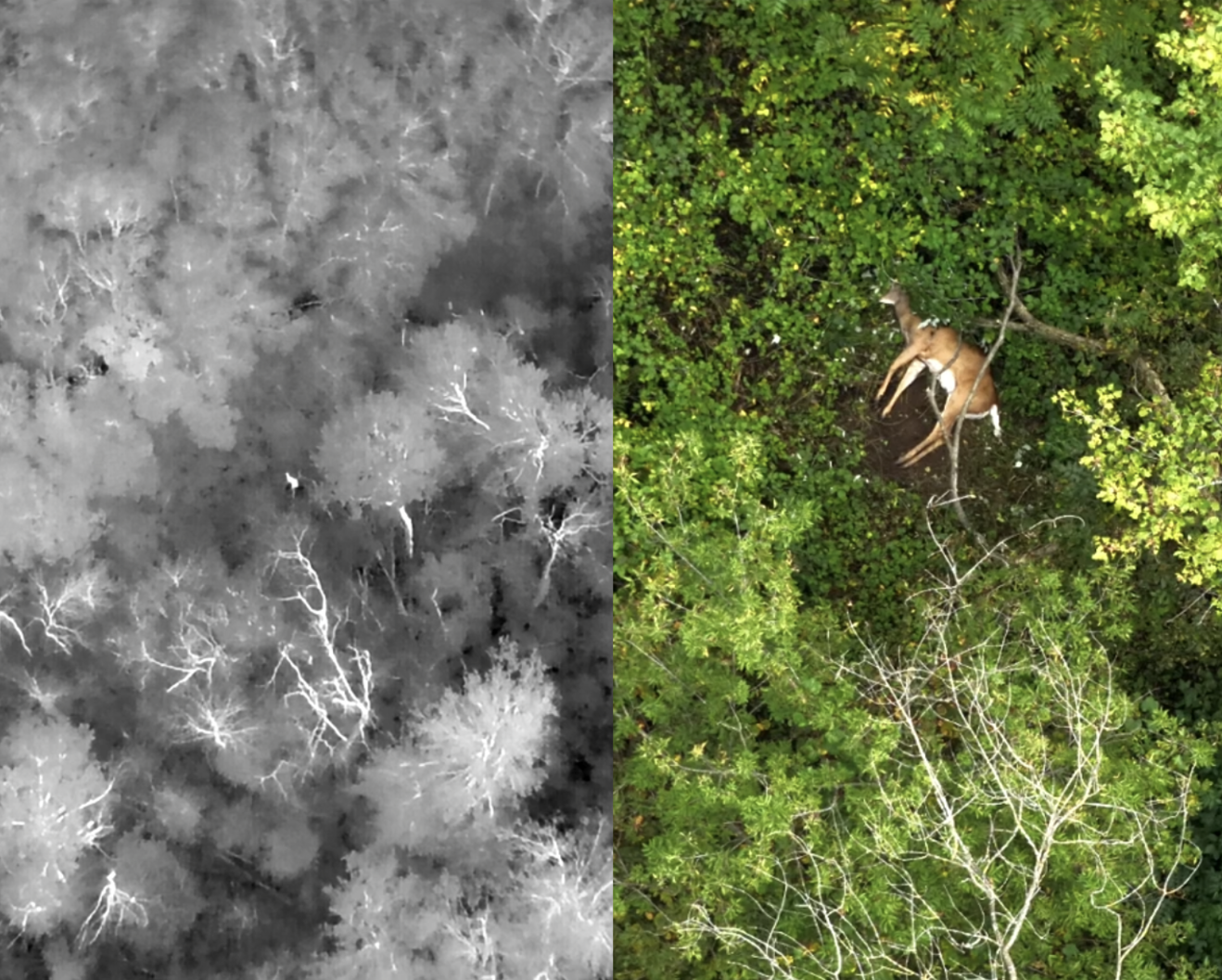
Night or Day, We Don’t Miss a Thing
Leveraging state-of-the-art thermal imaging, we conduct comprehensive nocturnal operations, ensuring no detail escapes detection, regardless of lighting conditions.
"Rugged team came out for my buddies deer after we lost him into private ground . Looked for well over a hour think we located him but was not dead yet drone did a very thorough scan and was very pleased with with the professionalism and honesty . We hired the team to come back the next day and look some more but unfortunately will there and ours best effort we couldn’t recover the buck . Would hire them over and over based on this one experience if your struggling to find animals give them a call for some extra help well worth the money in my opinion."
-Burton Karns
"Brian was all the things you'd hope for. Polite, on time, and business oriented... but was able to do it all with a fun and educational atmosphere. Not only did we find our buck on the neighbors land, the neighbor got to witness and be apart of it all too. Success in every realm possible and all done with smiles and affordability. I hope to never see the Rugged team in this specific circumstance again, but if it arises, I know the first call ill make."
-Brady Conner
"Brian is excellent. I had him out to look for a deer with a questionable shot. He was very thorough and knowledgeable. We talked over the phone prior to his arrival and he was able to come up with a plan. Upon arrival he was really easy to talk with. We lost blood and was able to show Brian where we had lost the track. He sent his drone up in the dark and was able to find my buck within 5 minutes in the sky. I’d highly recommend Brian and this service."
-Dean Deaver
"Drone recovery on deer is a total game changer! Highly recommend, as these guys were able to find my buck for some closure! They searched for a good hour before we decided to check across the road, where we weren’t sure if it had gone once we bumped it looking the night before. You can tell they are dedicated to helping you find your deer and are very knowledgeable in their line of work as well!"
-Amanda Jean
"I called out Brian late at night to look for a deer I had placed a less then ideal shot on after a few hours. He was able to cover miles of territory, and also able to find my deer within the hour. This not only was a great deal of Claire to have but also an amazing experience to be able to watch the drone in action. Definitely something you have to see to believe."
-Sam Erickson
Rugged Gear
-

Outdoor Adventure T-Shirts for Rugged Wildlife Exploration
Step into the world of open skies and wild places with our...
-

Rugged Altitude Inspired Hoodies for Outdoor Adventure
Explore the wild in comfort with Rugged Altitude inspired hoodies. Each piece...
-

Rugged Altitude Brand Hat Collection for Outdoor Adventure
Step outside with confidence in a rugged altitude brand hat. Each piece...
-
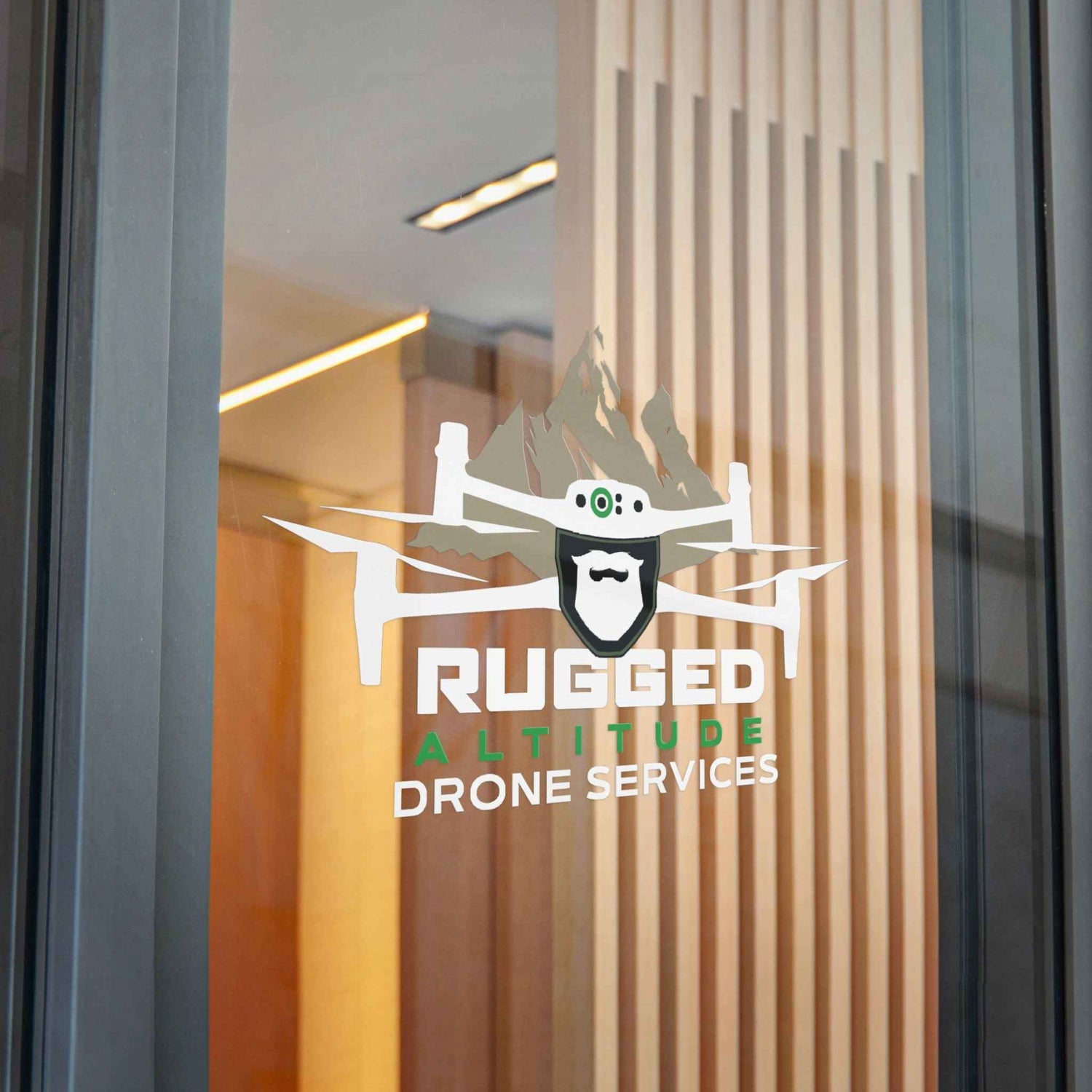
Rugged Altitude Decals and Stickers for Outdoor Gear
Give your adventure gear a personal edge with Rugged Altitude decals and...
